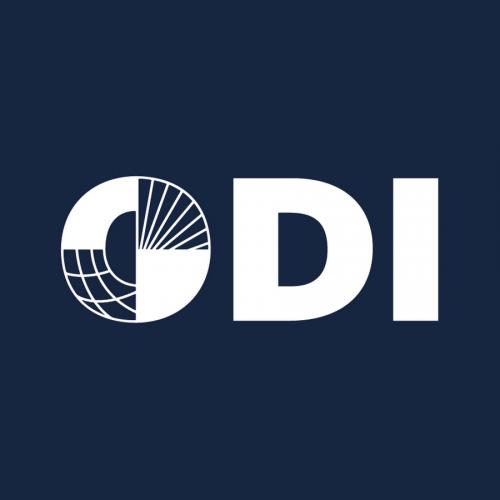
Author
SIDS have relatively high levels of GDP per capita and human development, underpinned by strong democracies and deep reservoirs of social capital. Yet, they are also characterised by elevated levels of poverty, a pronounced urban-rural divide, and stark class, race and gender inequalities.
These small, insular, often remote islands depend on a narrow panorama of economic sectors, and continue to suffer from historical legacies that subordinate local needs to extractive interests. There are vast differences in people’s access to resources, services and opportunities, and in their exposure to violence, conflict and illness, based on pre-existing class, race and gender-based hierarchies.
These paradoxes and tensions are evident across several social spheres:
- Health: island populations tend to live long and healthy lives, but suffer from limited access to specialised healthcare, high levels of non-communicable diseases, and acute exposure to new disease vectors due to global heating, which brings new invasive species, droughts, crop failure, and knock-on effects on the mental health of islanders.
- Insecurity: some SIDS experience dramatic levels of localised community violence, driven by illicit trafficking and urban exclusion in which non-state authority structures like gangs proliferate. On low-lying and reclaimed land on the margins of cities, poor sewage and waste facilities and regular flooding combine with a sometimes-frayed social context to create high levels of insecurity.
- Infrastructure: rapid coastal and urban development in small territories places excess pressure on limited natural resources, exacerbating existing hazards and intensifying environmental degradation. This can further undermine poor communities and limit their access to energy, water and food by pushing them onto marginal lands.
- Human rights: exclusionary development processes disproportionately afflict those without power, including an increasingly disaffected youth, women, the poor, and the LGBTQI community. The climate crisis exacerbates this picture: those with dual nationalities and financial resources can protect themselves, or choose to migrate, with further knock-on effects for ‘brain circulation’ and local development.
Ensuring sustainable development for all
Pursuing strategies that deliver financial sustainability, environmental justice and international alliances will produce broad-based development, but may not benefit a wide cross-section of society. All these things could all plausibly coexist with highly exclusionary and unequal forms of social development. SIDS and their partners have a responsibility to ensure that the benefits of economic and environmental transformations are grasped and distributed in ways that are fair and equitable, rectifying historically accumulated sources of injustice.
The Resilient and Sustainable Islands Initiative (RESI) will help SIDS build more equitable societies and achieve progress in reducing poverty (SDG1), eliminating hunger (SDG2), improving health and wellbeing (SDG3), quality education (SDG4), gender equality (SDG5), reduced inequalities (SDG10), sustainable cities and communities (SDG11), peace, justice and strong institutions (SDG16).
In particular, we will focus on:
- The effects of Covid-19 on critical social issues faced by SIDS – to identify emergent crises and better direct scarce resources to social services and achieve poverty reduction.
- The social consequences of collapsed tourism revenues and the wider reliance on export-generating industries, linking reform strategies to the wider agenda on developing a ‘just transition’ in tourism.
- The implications of changing global food supply chains – exacerbated further since the Russian invasion of Ukraine and the effect on commodity prices – for patterns of food security, obesity and under-nourishment, and non-communicable diseases, in SIDS.
- The dramatic resurgence of interpersonal and gang-related violence in SIDS, in order to better inform violence-reduction programmes.
RESI will work with island governments, CSOs and international agencies to share lessons on how to create healthier, safer, less conflictual, and impoverished communities; advocate internationally for development finance geared towards investments with positive social multipliers; and find ways to create greater fiscal space for broad-based poverty reduction.










Add new comment